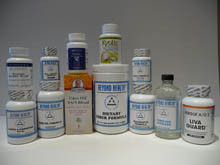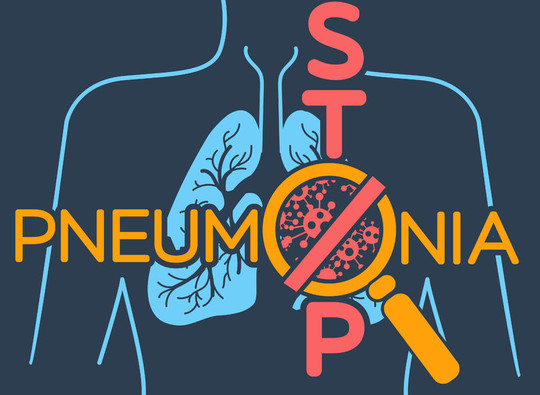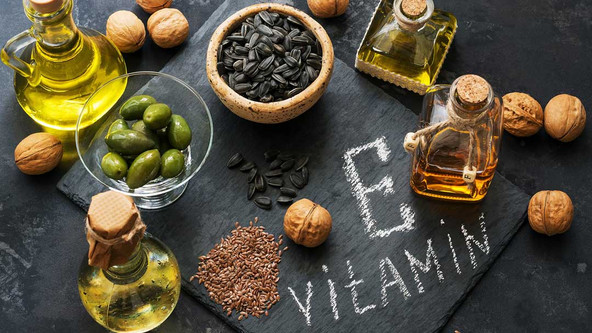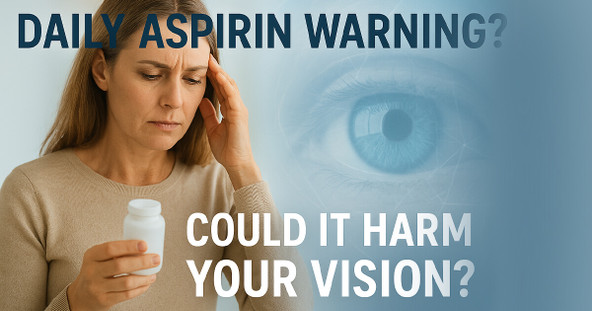Posted by Beyond Health on Nov 3rd 2025
More Junk Science: Does Vitamin E Cause Prostate Cancer?
. . . yes, if it's the wrong kind! The second study was done under the auspices of the National Institutes of Health (NIH) on the potential benefits of vitamin E and selenium for preventing prostate cancer. It had to be terminated when researchers found 400 IU of vitamin E daily was actually increasing the risk of prostate cancer. But what form of vitamin E were these scientists using? The wrong kind! Synthetic alpha tocopherol acetate! Here is a quote from my Roadmap to Choosing Supplements on vitamin E (emphases added): There are different forms of vitamin E, and they are not equal in chemical structure or function. Most vitamin E supplements contain alpha tocopherol, yet there is growing evidence indicating that it may be harmful to consume alpha tocopherol without at the same time obtaining gamma tocopherol. They must be taken together for best results. Another problem is synthetic vitamin E, which is not well absorbed and has been found to be only half as effective as natural E. F…
read more Fuel your life with the purest vitamins
Fuel your life with the purest vitamins










